|
With a reputation bigger than its surface area, Lebanon - once known as the Switzerland of the Middle East - is home to the most fascinating cultural facts. As childhood experiences help in decoding adult comportment, reference to history and socio-political conditions help in interpreting a nation’s cultural heritage. Here below are selected tips to help readers expand their cultural knowledge about Lebanon and become savvier visitors once they get the chance to explore its beauty. HISTORY - Modern history of Lebanon began in 1920, following World War I, when the League of Nations granted France a mandate over Lebanon to replace the control of the Ottoman Empire. This gave rise to the State of Greater Lebanon Lubnan al Koubra, with its present boundaries. Two decades later the country fought for its independence from the French and the mandate formally ended on November 22nd 1943. Many believe that this is why French is still widely spoken in Lebanon. The fact is, however, that French was spoken among the Lebanese elite since the Ottoman days and many to this day, still identify themselves with the West rather than the Middle East. France was not only concerned with occupying the Lebanese territories, but was also involved in helping rebuild the infrastructure, the socio-economic, governmental and judicial systems, as well as influencing the educational and administrative structures of the country. Hence, to this day, France is referred to as the Tender Mother - Al Umm al Hanunah - of Lebanon. GEOGRAPHY - With its vibrant capital Beirut, Lebanon is a densely populated country. It is located in the Levantine region on the eastern coast of the Mediterranean Sea and bordered by Syria from the North and the East. Before visiting Lebanon, one must know that the Southern border of the country is a long-debated matter. Although one might believe that Lebanon is bounded by the South by Israel, many might argue that the Southern border of the country ought to be called the Palestinian Occupied Territories. It is wise to stray away from such arguments and look for conversations that help cross the cultural bridge based on agreeable grounds. POLITICS - Throughout history, clashes between Christians and Muslims led to many disruptions, conflicts and civil wars. To ease tensions and satisfy all communities, the Lebanese decided to divide the control of the public offices among the existing religious confessions. According to this unique governing system, they agreed to share the power of the main government branches among the prominent three religious parties, whereby the President of the Republic ought to be a Maronite Christian, the Prime Minister a Sunni Muslim and the Speaker of the Parliament a Shiite Muslim. This arrangement still holds to this day. The current political situation of the country is complex with inapt leaders governing it and foreign diplomatic forces influencing it, all the while having religion playing a central role in all matters. Nevertheless, neither internal nor external political forces can deny the cultural legacy of Lebanon and its contribution to the region’s heritage. CULTURE - Like many in the Arab nations, the Lebanese focus on relationships, value family traditions and have high regard for religion. Lebanon has a pluralistic society with a diverse ethnic population. It is religiously the most diverse country in the Arab world, with 18 officially recognized confessional communities, including, four Muslim sects, twelve Christian sects, Druze and Judaism. With a history dating back more than 5000 years, this ancient land is marked by the world’s most fascinating civilizations. Its archeological sites reveal the past inhabitance of Phoenicians, Greeks, Romans, Byzantines, Arabs, Crusaders, Mamluks and Ottomans. Moreover, it is home to one of the oldest yet continuously lived in cities ever, called Byblos. LANGUAGE - There is a difference between the written and spoken Arabic language across the Arab world. In Lebanon, the Language spoken is the Lebanese colloquial form of Levantine Arabic. Lebanon has a high literacy rate, and most people are at least bilingual with French or English as their second language. French is commonly used among the Christian communities and English has become even more widespread in the last two decades. Nevertheless, Modern Standard Arabic or al Fusha, is the same across the Middles East and the only language used in the News media, books, written documents, and formal settings. Fortunately, as English and French are widely spoken, foreigners find it easy to communicate around the city. Another locally heard language is Armenian, spoken by the Armenian community which mostly settled in following the 1915 genocide that led Armenians to disperse all around the world. LEBANESE CUISINE - Lebanese cuisine is not only a reflection of national heritage, but also a world- famous cultural staple, elevating Lebanon to prominent gastronomic standards. The food is rich with aromatic flavors, inspired at once by the cooking of regional influences and of dominant powers throughout history. Even so, the most famous dishes remain the home-made recipes passed down from one generation to another and among communities from grandmothers, to mothers, daughters, granddaughters, neighbors and friends. When Lebanese expatriates are asked what they miss the most about the country, oftentimes the answer is the same: “The food!”. The lavish cuisine consists of more than forty mezzé dishes with a variety of cold plates followed by hot ones artfully presented in Service à la Française. Unlike other Arab cultures, Lebanese enjoy chatting at mealtimes. Conversations can easily shift from travel, fashion and TV shows to heated political discussions, which most likely end with pleasantries and good laughs to cheer up the mood. Lebanese indulge their guests by offering them meals with abundance. Invitees should gracefully appreciate the generosity of the hosts, for no food gets wasted at the end of these feasts. Based on Arab customs, food charity is practiced by caring and sharing with others, be it the relatives, the neighbors, the helpers or the needy ones in the community. A lot of mezzés are eaten with Arabic bread, otherwise known as the pita bread. The traditional Lebanese table setting does not include a bread plate however. Therefore, once the bread is cut by hand, it is best to place it on the side of the plate rather than on the table cloth. When guests are not familiar with some ingredients offered by the host, it is mannerly not to refuse the suggestions, unless for health reasons, but to savor them graciously, as much as possible. For this shows humility, kindness and appreciation to the hosts’ efforts. CLOTHING STYLE - In urban areas clothing and fashion are heavily influenced by the West. The majority of the population wears western outfits, with many stylish Lebanese keeping a close eye on international trends. In rural communities however, the traditional clothes are still observed by some. You might get across women wearing a long dress Festan or a Tannura skirt covering all the skin, and men wearing a Sherwal baggy pants, a long-sleeved shirt Kamis, a vest and a headdress or a Tarbush hat with a black tassel. Lebanese Muslims generally wear more modern cloths than in most Arab countries. Even so, headscarves are common among Muslim Lebanese women, most of whom opt for western style outfits covering their skin. Nonetheless, as going back to the roots and reviving local traditions are being emphasized, many Lebanese designers are blending the traditional with the modern and creating stylish traditional cloths and abayas suitable for evening and day wear for all ages and communities. COMMUNICATION - Lebanese have an indirect communication style and avoid confrontational interactions. They pleasantly volunteer in sharing their opinion but prefer to stay cautious when giving sad or bad news. People are sincere and wholehearted. They display their emotions frequently and make use of a lot of gestures to express themselves with passion. INSHALLAH - In Allah Rad or Inshallah, meaning God willing, are widely used expressions among the Lebanese, to link prospects or upcoming tasks to faith in God. Like most Arabs, locals use it to come across as humble and prudent about their future commitments, to do whatever there is in their power, but leave the outcome into God’s own hands. People often use these terms to hedge themselves from unforeseen circumstances keeping them from achieving their duties. Therefore, should local counterparts use these expressions at the end of a sentence, foreigners mustn’t regard it as an excuse nor assume that a given task will not be completed. It is merely a reference to faith as being the end resulting force to any occurrence. YALLA - One of the most common words in the Arabic language is the word Yalla. Depending on the implication of the sentence and the intensity of it, the meaning can vary. To name only a few, Yalla could stand for “quickly, c’mon, let’s go, let’s start, hurry up, come down, come up, go on, waiting for you...” INTERRUPTIONS - For a Lebanese, being present in a conversation means talking passionately with enthusiasm. Oftentimes, this leads to verbal interactions full of disruptions. In such cases foreigners must consider interruptions as sign of engagement and warmth rather than rudeness and disrespect. BODY LANGUAGE - Body language is an essential communication medium and talking with the hands is a common practice for the Lebanese. Oftentimes people use gestures rather than words to express themselves. For instance, they put the head up while raising the eyebrows along with a click sound made with the tongue such as tzso to mean “No” or “I disagree.” Warmth is not only expressed vocally but also physically. It is common to see people kissing and embracing family members, friends or colleagues, regardless of rank, age or gender, except among traditional Muslims. HAND GESTURES - Like most Arabs, Lebanese use a lot of hand gestures. To name a few common ones, consider first the hand signal corresponding to the word Shou? meaning What? It is identified by raising the hand up and turning the fingers in half a circle. Another popular hand movement is when someone brings the fingers together while the palm is facing upwards and lifts the hand up and down telling the interlocutor to take it easy or to speak slowly, using the term Shwey-Shwey. This same gesture can also be used to warn someone for a wrongdoing, as parents use it often with their children. Moreover, both disagreements and drawing attention to stop an action can also be emphasized with hand gestures. People place the right hand with the palm open facing the interlocutor to mean “Stop,” or “I don’t want to hear anymore” and use the words Khalas or Bess. Surely there are many more hand signals to learn about. As foreigners become more familiar with local customs, they can find them easy to decode. HANDSHAKE - Zooming out of the Covid19 context, most Lebanese shake hands when greeting formally or meeting people for the first time, both in social and business settings. However, traditional Muslim men and women refrain from shaking hands with the opposite gender. They place their right hand over the heart along with a slight head nod to acknowledge their interlocutor. Eye contact is made rather carefully, to keep the interaction respectfully suitable. To avoid any confusion, when meeting locals from the opposite sex, foreigners who are not familiar with the religious background of their Arab counterpart must wait for the latter to initiate the greeting form and hence reciprocate. The Lebanese handshake is differentiated with a grip that’s more firm than that of the Arab world but slightly longer than that in the West, as people may commonly ask about family wellbeing and even exchange pleasantries while greeting. POSTURE AND EYE CONTACT - Needless to say, that keeping a good posture reflects on people positively. Slouching is considered disrespectful or simply nonchalant in Arab cultures. Crossing the legs is acceptable as long as the shoe soles are not facing anyone. The upper body must be turned towards the speaker and eye contact with the interlocutor is expected to convey a message of trust and sincerity. Nevertheless, age, position, social ranking and gender are crucial factors during communications. With this in mind, throughout any given conversation, a prolonged eye contact may be interpreted as disrespectful, confrontational or bad intentioned. PERSONAL SPACE - In the Middle East, people stand closer than in the West, with a personal space which makes foreigners sometimes uncomfortable. Lebanese don’t mind shorter distances throughout interactions and enjoy socializing in proximities that Westerners reserve for private conversations usually. SOCIAL ETIQUETTE - Lebanese etiquette is highly influenced by the French, be it in social or business-related matters. Yet, many social behaviors are based on Arab cultural norms. Lebanese value honor, tradition, loyalty and relationships. GREETING - In Arabic, to greet respectfully, one may say Marhaba, which corresponds to Hello. In some communities people also use the expression As Salamu Aleykom, meaning Peace be upon you, for which the reply would be Wa Aleykom As Salam, meaning Peace be upon you as well. It is also quite common to hear friends, colleagues, acquaintances and even strangers use French greeting terms, such as bonjour and bonsoir, for manners and etiquette are highly influenced by the French norms. Locals often transform foreign words into Arabic such as Bonjour-eyn/Bonsoir-eyn, meaning double Bonjour/Bonsoir to highlight warmth and friendliness. Since the Lebanese are multilingual, they even switch between Lebanese Arabic, French and English, whence one hears the famous greeting style of Hi, Kifak, ça va? meaning Hi, how are you, good? When foreigners want to make a good first impression however, it is highly appreciated to make an effort to speak at least some words in Arabic like the proper greeting terms such as Sabah el Kheyr for good morning, to which the reply is Sabah el noor, and Masa el Kheyr for good evening, to which the reply is Masa el noor. LEBANESE SENSE OF HUMOR - Nothing tops the humor of the Lebanese. They enjoy cracking a joke out of every situation and find a funny side to almost every aspect. Politics, religion, economy, business, education, family relations, you name it, nothing and no subject matter can escape in terms of jokes. Recently, when the French President Macron visited the country, Lebanese were quick to create a funny joke, stating that the French Head of State, once back from his visit to Lebanon started using the local term Bonjour-eyn to greet his assistant, rather than the proper French term Bonjour, pointing out to the influence of the ‘Lebanese style’ on visitors. Although Lebanese enjoy a good laugh about any topic, they have no intention to disrespect or mock people with their sense of humor, as they are meant to be harmless and purely for fun. LEBANESE HOSPITALITY - Arabs are world famous for being warm, hospitable and welcoming. Lebanese culture is no exception to this norm and locals are known for being very friendly, helpful and generous. Foreign guests are warmly received and even pampered sometimes with exposure to Beirut’s world-famous nightlife. They are honored and offered the best of what is available from food to services. Hospitality comprises a lot of food-based entertainment where guests are served copious variety of meals to show respect, amiability and honor to the invitees. When invited to a Lebanese home, it is best to take a gift rather than show up empty handed. Foreign guests offering a traditional artisanal handicraft are greatly appreciated. It is also customary to offer practical gifts such as desserts, sweets or even a nice bottle of wine or champagne, should the host be tolerant of alcohol of course. However, to play it safe, it is best to err on the side of caution. Offering something in return is not a must but rather a friendly attempt to gratify the host, build bridges or strengthen the rapport. FAMILY ROLE - As in most Arab cultures, respect, consideration and loyalty to the family are a priority for the Lebanese patriarchal society, where the father is considered the head of the household and the mother, the goddess of her family. Both the immediate and the extended families are important and regarded as a system of support and care for all its members. The security offered by the family is regarded as the nucleus that strengthens its members, gives them peace of mind, leads them to self-growth and ultimately to success. Family matters are sacred and may even take precedence over loyalty to friends or other obligations which may conflict with family duties. As senior members are always honored and respected, younger generations come to realize by an early age, that caring for parents and elderlies is part of the family’s legacy. BUSINESS ETIQUETTE - Lebanese adopt a serious attitude and a formal behavior in business settings, all the while being warm and approachable. They may even go out of their way sometimes, to be helpful and friendly, depending on the level of the negotiation or the importance of the relations. Doing business in Lebanon entails mixing business with pleasure and establishing personal relations leads to more business prospects and safer bets. Therefore, social networking and friendly relations are key factors to successful negotiations and business deals. MEETINGS - Meetings are held on time with a proper handshake, starting with the most senior person first, and business cards are exchanged with the right hand, once everyone is seated. Oftentimes visitors are proposed a choice of hot or cold drinks. Sometimes Arabic coffee is served customarily along with a glass of water. In that case, accepting it would be the sensible thing to do. Throughout business gatherings one may expect interruptions, as Lebanese rely on an open-door policy where telephone calls may selectively be answered, colleagues or assistants may walk in for a quick update or even documents may sometimes require a quick cross check. In some cases, unexpected guests may join the meeting for a while bringing up unrelated conversations and pleasantries. With patience and tactfulness, however, one might redirect the focus to the desired level of seriousness. At the end of a business encounter, before leaving, everyone stands up to shake hands once again, which might take as long as the first one, especially if the outcome of the meeting looks promising and fruitful. FAMILY OWNED BUSINESSES - Many successfully anchored businesses are family owned, with key positions held by family members, due either to merit or to nepotism. It is best to eschew any form of disapproval regarding this matter. Criticism, in general, must be avoided at all cost as it may be interpreted as an insult. Even constructive criticism, no matter how well-intended, is not appreciated. Foreigners should suggest their professional recommendations sensibly, making sure to mention praise and high regard for the subject matter to save face and preserve the individual’s dignity. HONORIFICS - Courtesy titles and honorifics based on position and status are widely used in Lebanon. It is therefore important to recognize this and address people respectfully according to their social, professional, religious or political rank. Moreover, it is common to use honorific titles such as ‘Monsieur’, ‘Sheikh’, ‘Beik’, ‘Hajj’ ‘Madame’ or ‘Dr.’ while referring to people by their “First Name” rather than the title followed by the “Last Name.” One could never say enough about Lebanon’s deeply rooted traditions and norms! Its diverse culture comprises one of the most unique lifestyles in the Arab world. It is a perfect blend of the East and the West where headscarved Muslims walk comfortably alongside women in crop tops and shorts, Mosques are built next to Churches, bombarded buildings stand next to historical monuments and where skillful professionals work hard by day and go clubbing by night before winding down at traditional homes. This is the charm of Beirut, its people, and its culture. This is Lebanon!
0 Comments
Leave a Reply. |
AuthorElizabeth Soos Archives
August 2025
Categories |
|
CONTACT US Submit Your Enquiry |

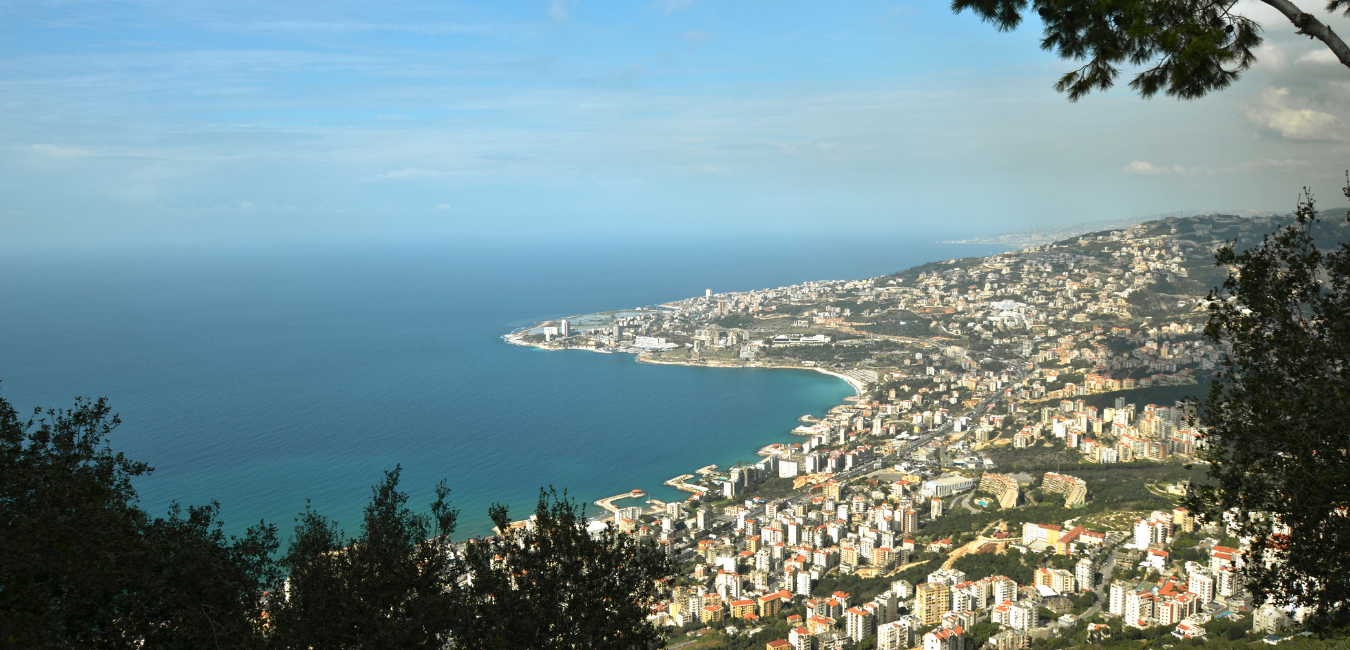
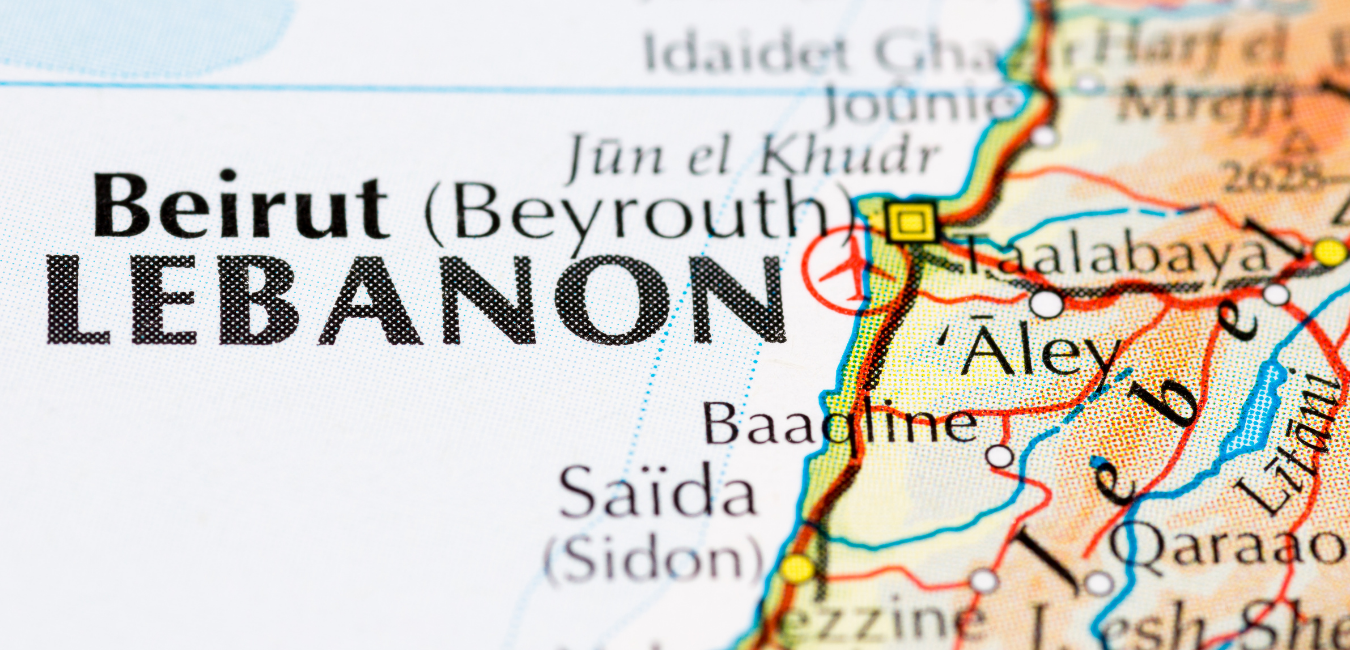
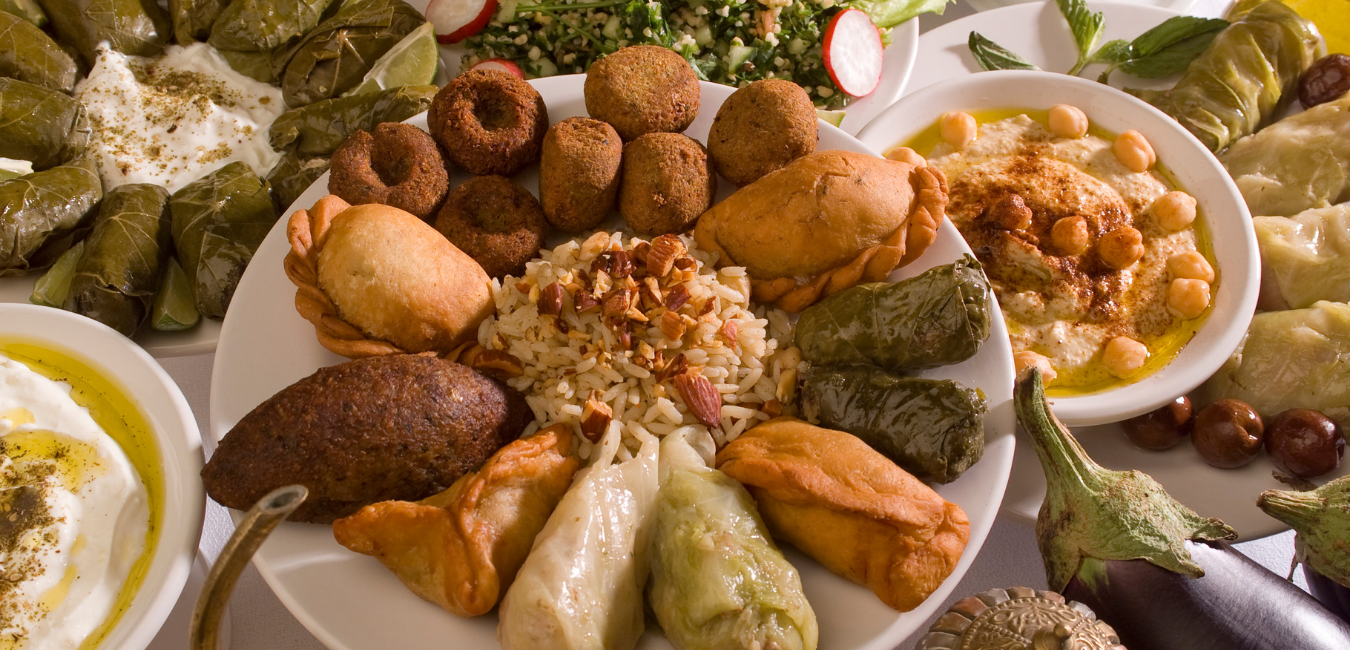
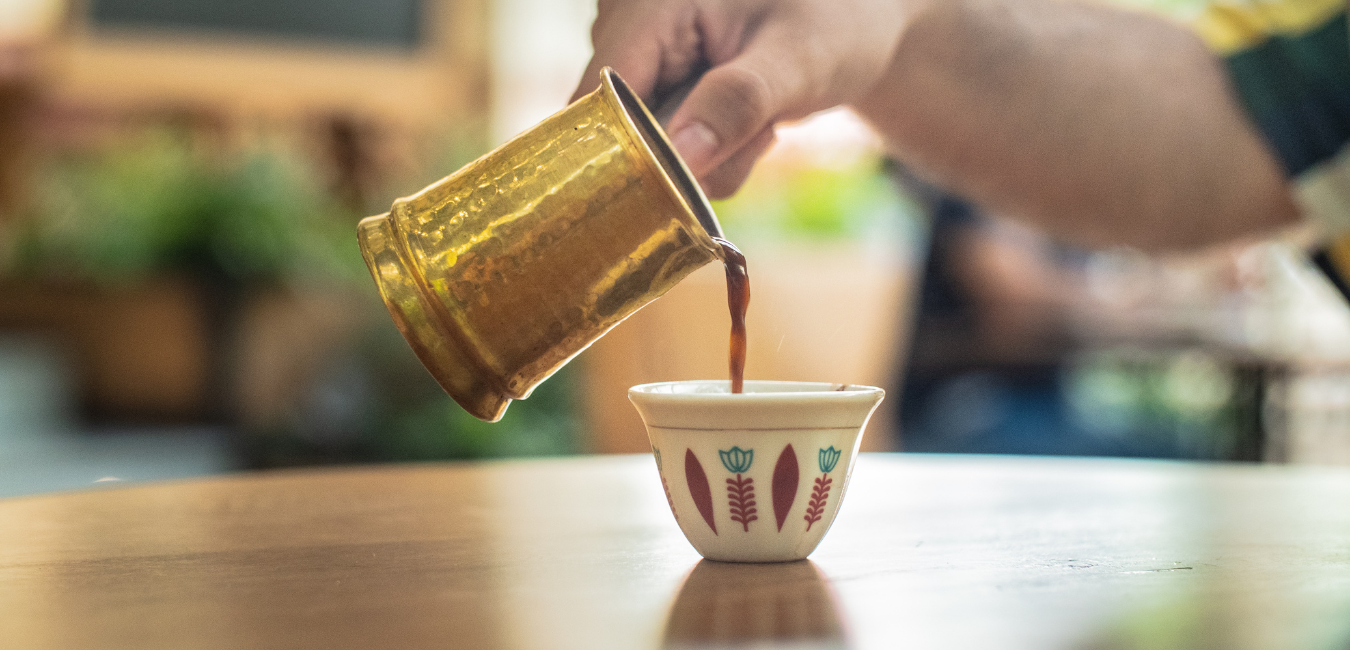


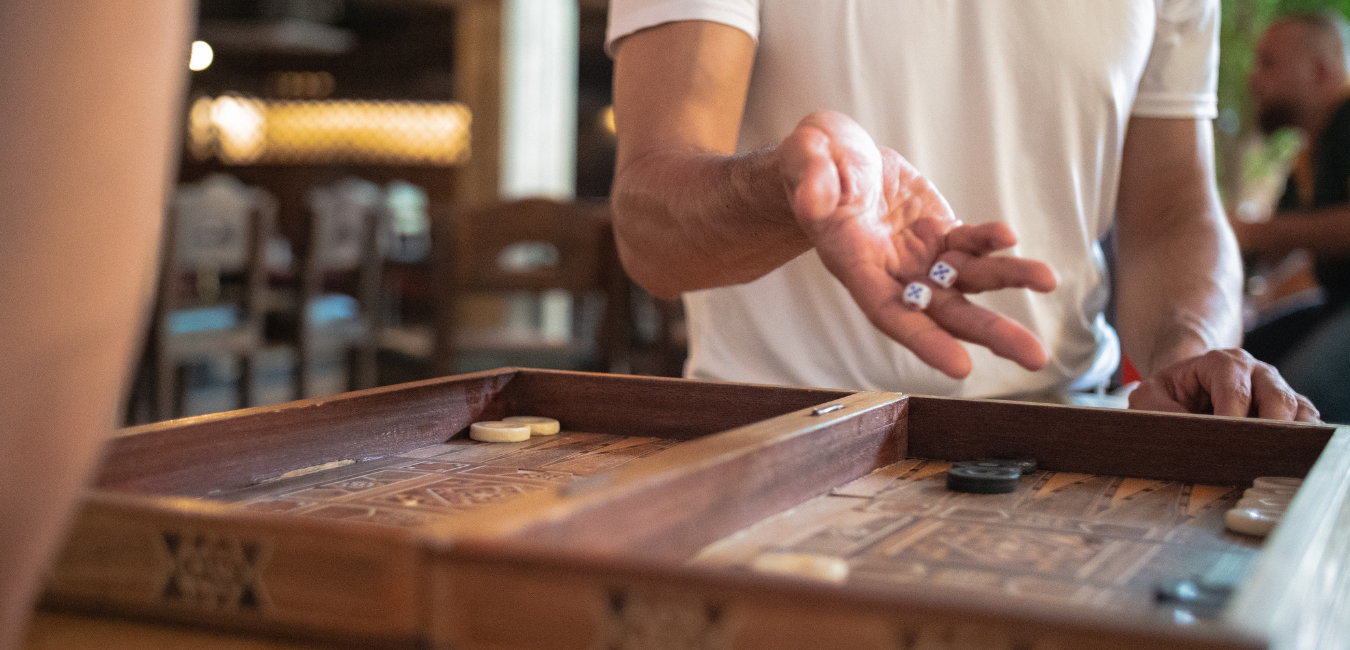
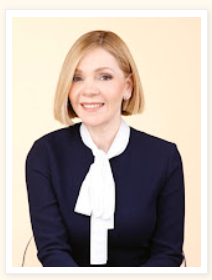
 RSS Feed
RSS Feed

